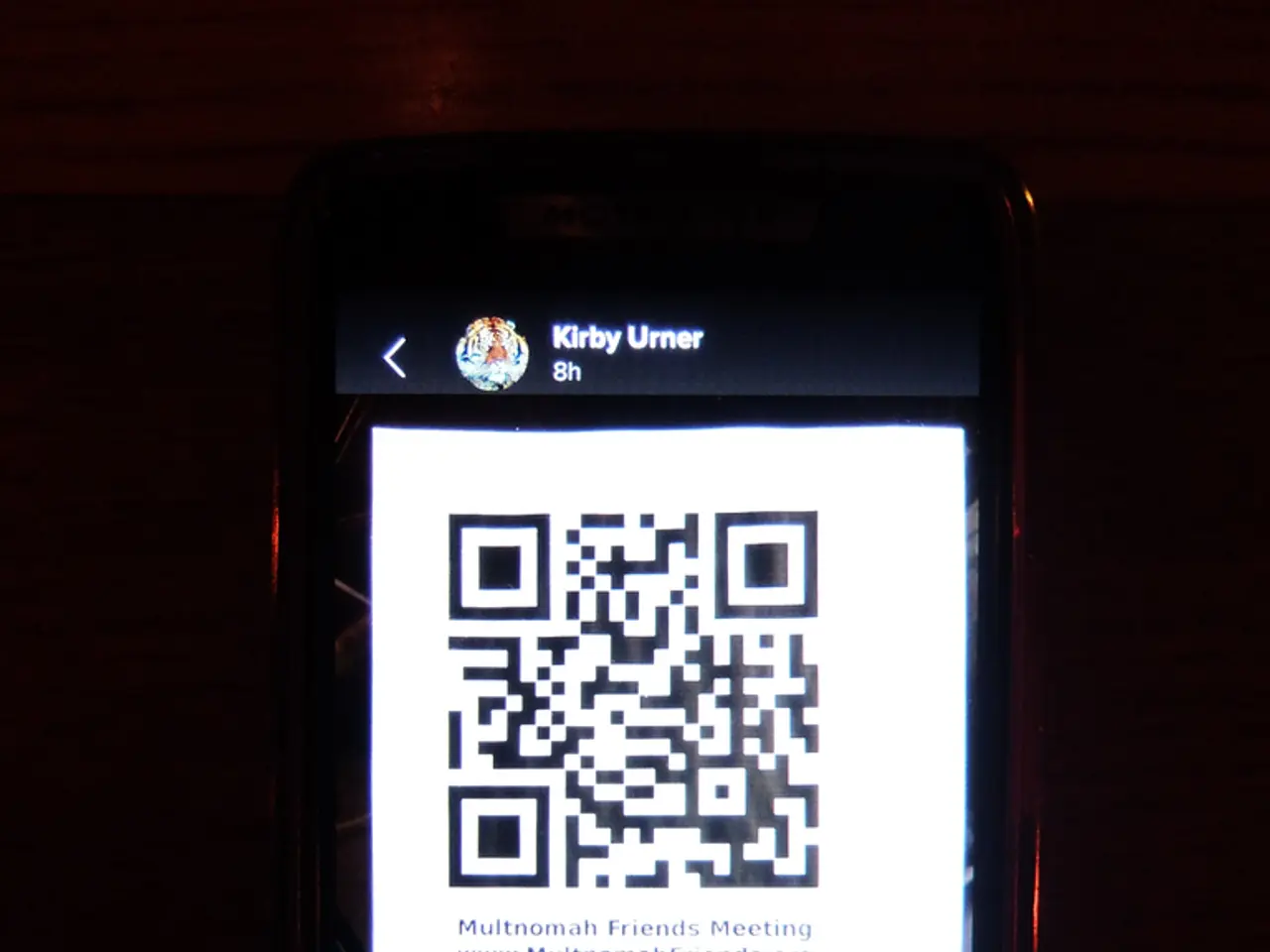Online Marketplaces for Used Items: Sellers Unknowingly Bought and Sold at a Loss
In a recent alert, the Hesse Consumer Center has warned consumers about the risk of phishing scammers pretending to be buyers on second-hand portals. According to the Volksbank Darmstadt Mainz eG, who announced a warning case in Mainz, these scammers are exploiting secure purchases facilitated by platforms like Kleinanzeigen.de and Vinted.de.
The phishing scam typically starts with scammers sending sellers a link or QR code via SMS, email, or messenger. If clicked, these links lead sellers away from the official platform to a fake version of the respective sales platform. Here, sellers are prompted to enter account or credit card details, which should never be done. Scammers may then make withdrawals using the entered data, resulting in irreversible financial damage.
Sellers should be wary of unknown buyers and only use the official platform's payment and communication methods. If purchase or sales conversations are attempted to be moved off the platform, contact should be immediately broken off. It is crucial to avoid clicking on suspicious links and never transmit personal or sensitive data, especially not credit card or online banking data.
Before selling or buying on a platform, it's essential to learn exactly how payment works and pay attention to warnings about current fraud schemes and security tips in the help centers of the platforms. The trust-building offers on these platforms, where the paid amount is only released once the buyer confirms receipt of the item, are not used in this scam.
If sellers have authorized a payment in their bank app, the damage is usually irreversible. In such cases, victims of online fraud can use the free emergency check page of the consumer centers to receive an individual checklist of what to do next. Report fraud and fraudulent accounts to the respective platform operator and file a police report.
After an incident, it's essential to change the password for the platform account and activate two-factor authentication for login. Communication should remain on the platform and not be moved to email, messenger, or other services. Sellers, believing they have received payment, may send items to the scammers without receiving any money.
To avoid falling victim to these scams, sellers should verify the authenticity of any links or QR codes received before clicking on them. If the seller has any doubts, they should contact the platform's customer service for confirmation. By being vigilant and following these precautions, consumers can protect themselves from phishing scammers.
Read also:
- Ford Discontinues Popular Top-Seller in Staggering Shift, Labeled as a "Model T Event"
- 2025 Witnesses a 27% Surge in Worldwide Electric Vehicle Sales, Despite Opposition to Electrification Policies in the U.S.
- Recorded surge in electric vehicle registrations during the initial half of the year
- Dubai-bound: Omega Seiki Mobility, an electric vehicle company from India, prepares for assembly establishment








